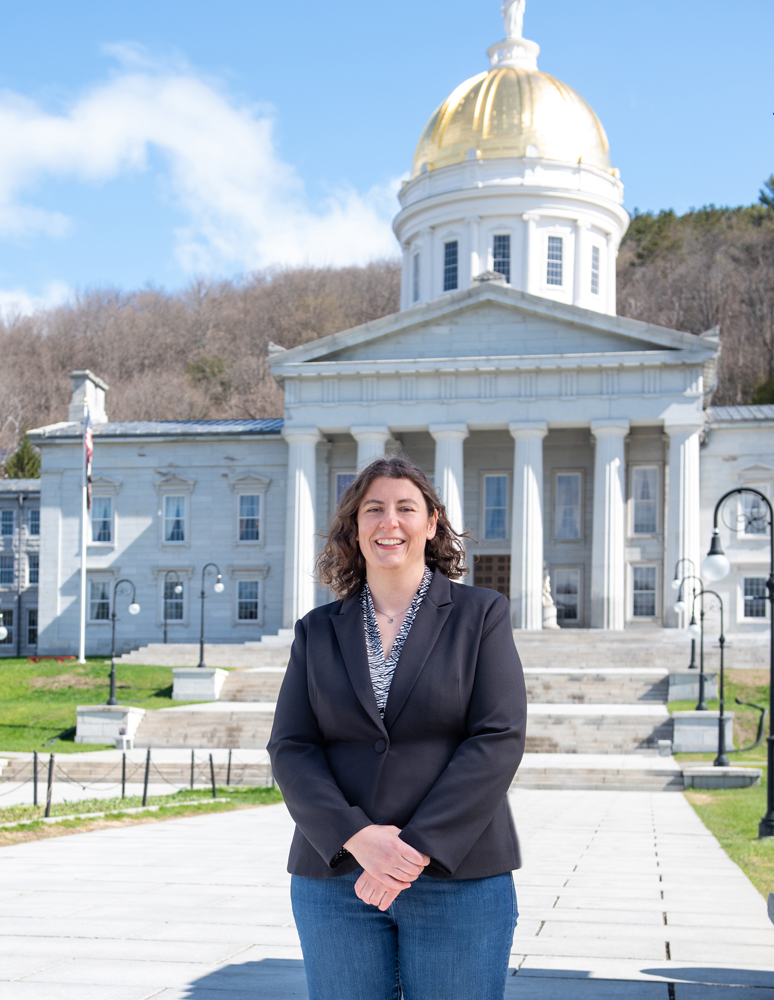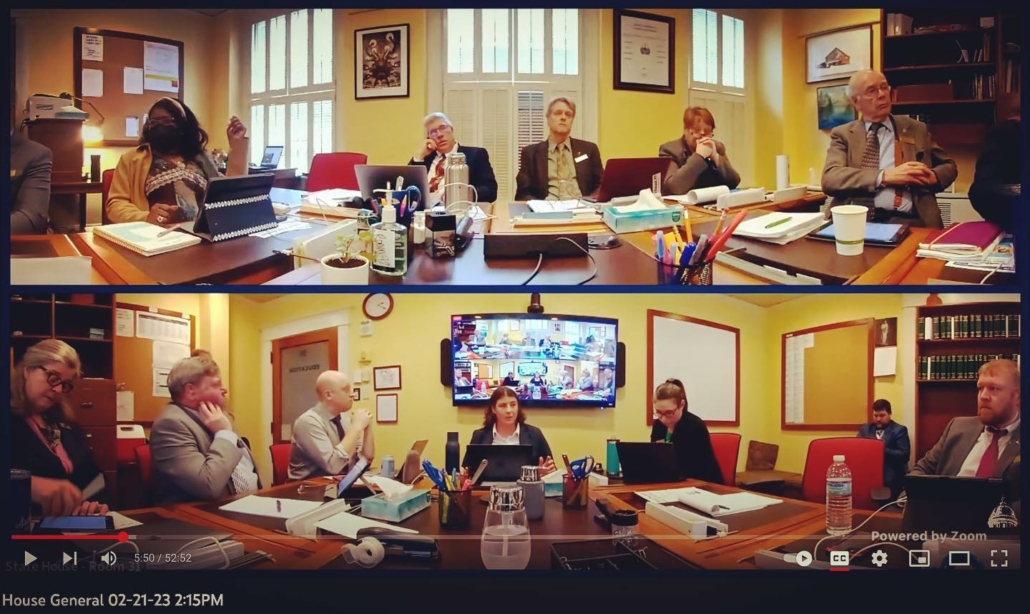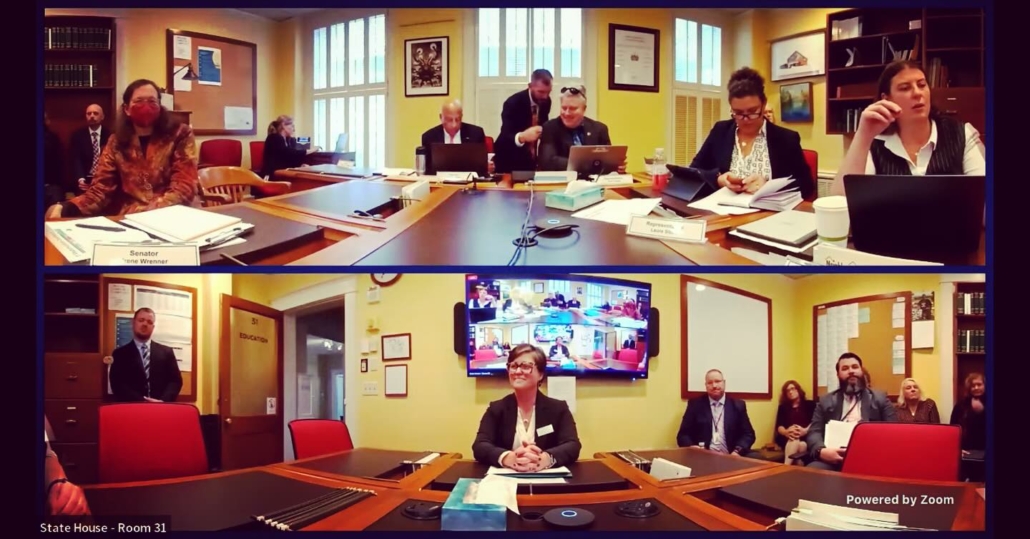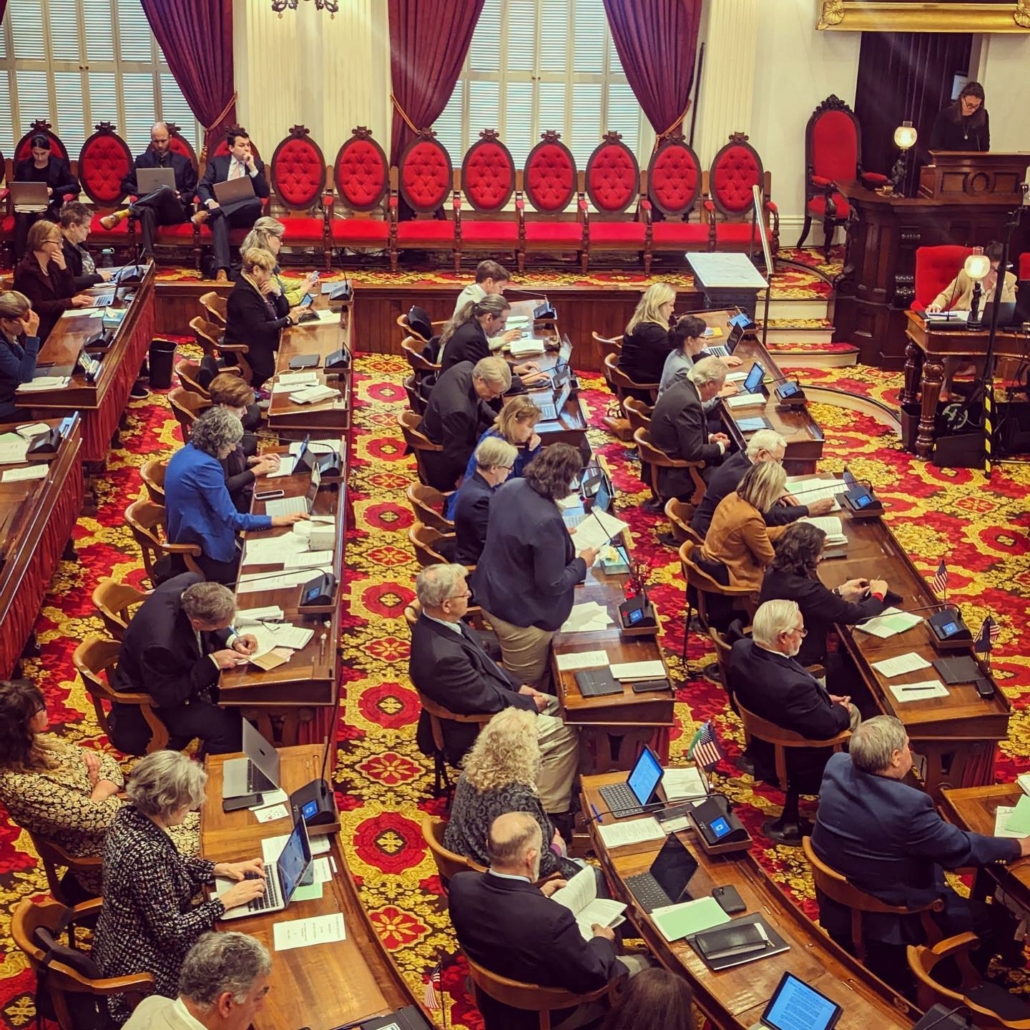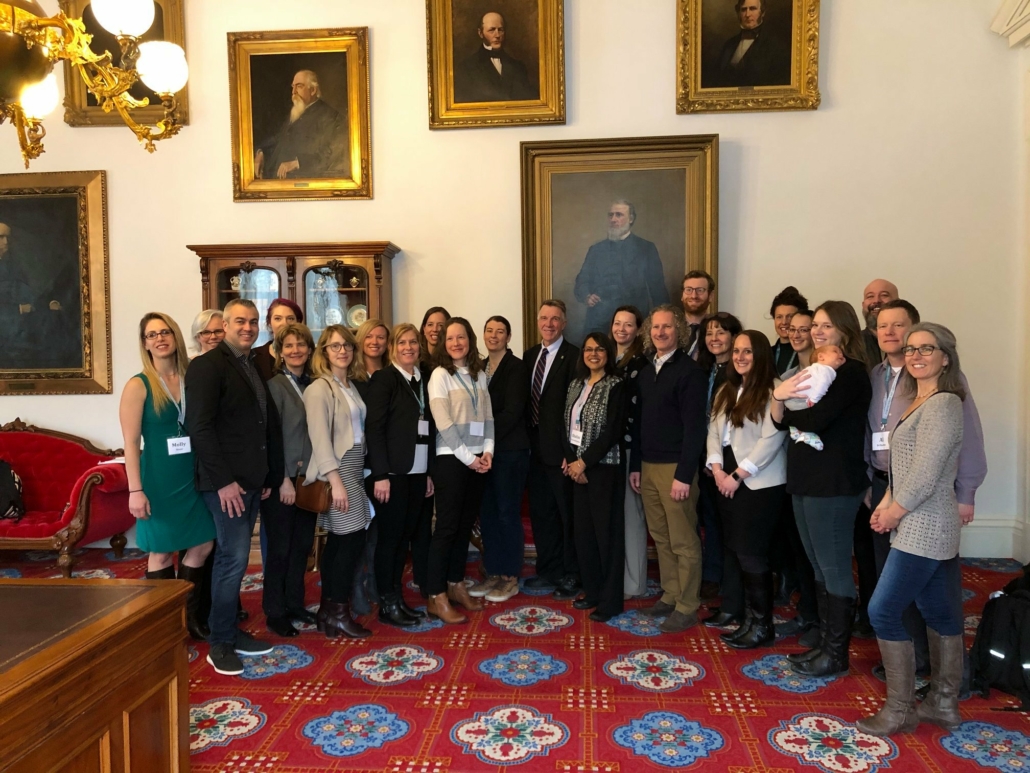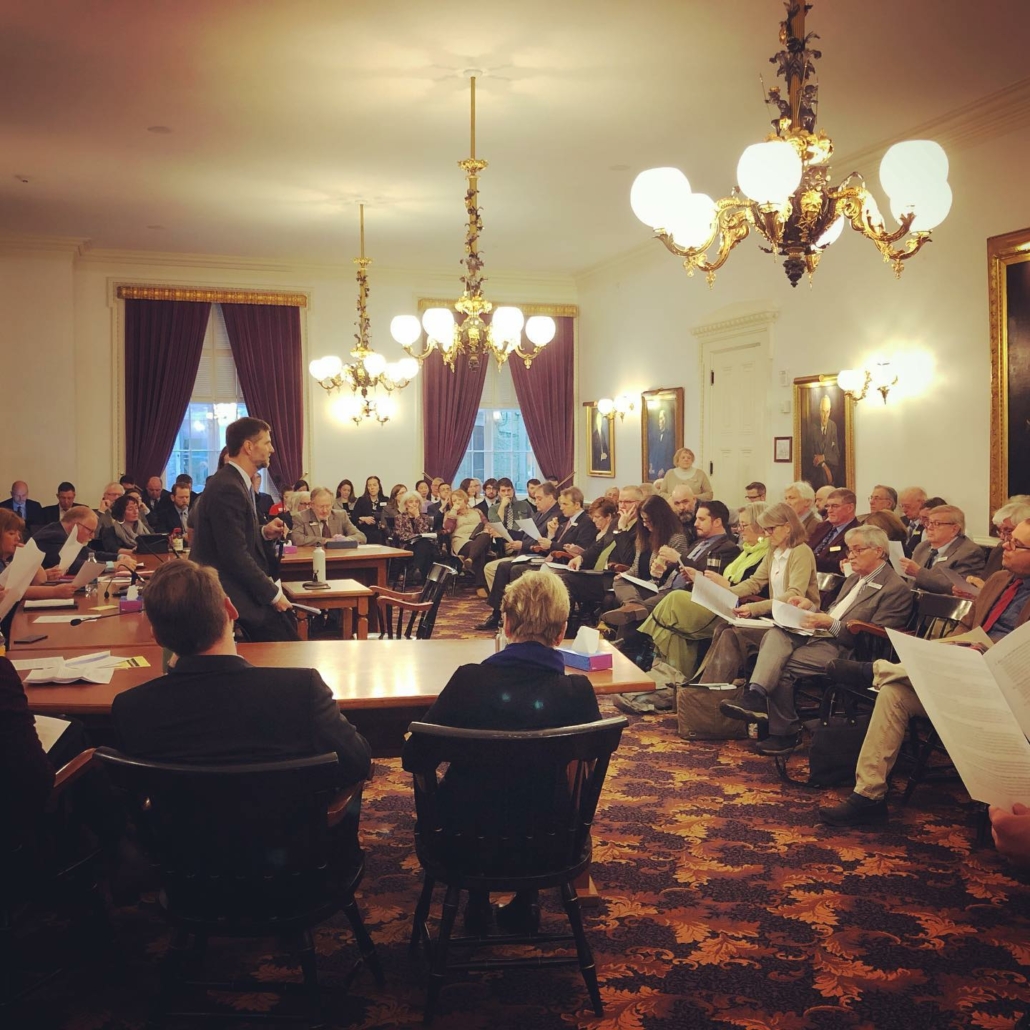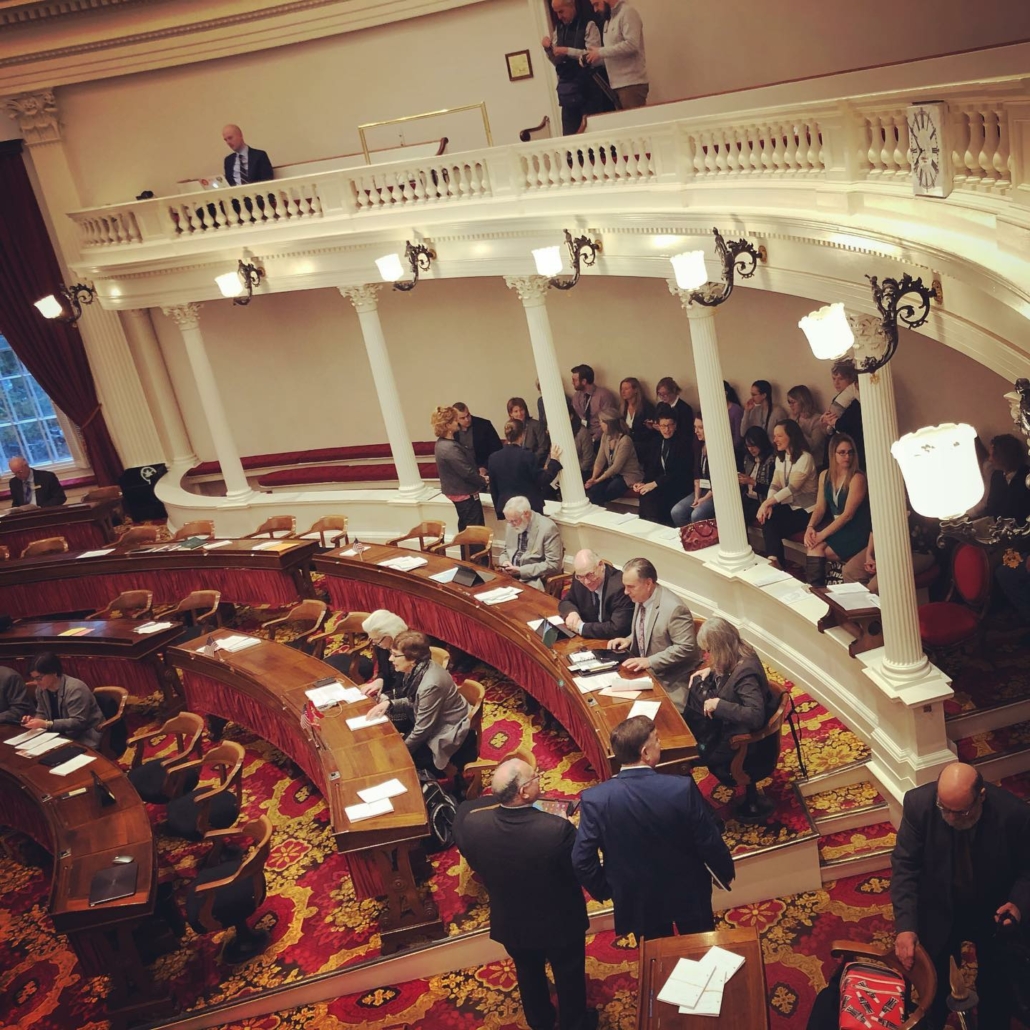Basics
Civic engagement and education is a passion of mine. In the first few days of my launch, I got asked several questions over and over. The first, “What are the issues you want to work on?” and second, “What does a state representative do?” It is interesting that this was often the order that I received them. We so often witness media highlights of controversial issues, but we don’t often talk at a basic level about how things are accomplished or why it matters.
As Vermonters, we are incredibly lucky to have an accessible government, from the Town Office to the State House. At a local level, I have served on several of Bradford’s commissions, regularly attend public meetings, and coordinate a handful of town volunteer groups. At the state level, I enjoy keeping up with legislative sessions and listening to committee discussions. I regularly attend the Rural Economic Development Working Group (REDWnG) caucus (and created their bill tracker), have testified on several bills, and have served on several boards that push for bill support. I even hosted a Senate committee hearing in Bradford at The Space On Main in early 2019. I would be more than happy to discuss how you can become more involved, whether at your town level, or at the State House.
What does a state rep do? Why does it matter?
State representatives are members of the House of Representatives. The House and Senate make up the legislative branch of state government. Among other things, the legislative branch makes laws, controls taxes, and makes spending/funding decisions. Legislators review hundreds of legislative proposals (bills) each session (January through mid-May for Vermont).
When it comes time for your legislators to discuss and vote on bills on your behalf and on behalf of your community, it is critical they have a general sense of what is important to your community, know the resources and assets you have available, and understand the challenges you face. They need your support to stay informed so they can bring your stories to Montpelier – and so they can make sure state resources reach home when and where they are needed most.
How Does a Bill Become a Law?
Click here for an infographic from the State of Vermont.
- Laws begin as ideas and become written bills.
- A proposed bill is sponsored by a member of a legislature chamber (House or Senate).
- After a bill is introduced, it is referred to a committee for study and consideration.
- A bill can be passed out of committee by a majority vote, read, and amended two more times.
- After three readings, a bill can pass by majority vote to the next chamber (House or Senate).
- The second chamber discusses the bill and has an opportunity to propose amendments.
- If the two chambers are unable to agree, they enter a committee of conference (smaller, appointed group) and further discuss the bill, ultimately leading to a vote.
- If both chambers agree and pass the bill, the final version goes to the Governor to sign or veto.
- If the Governor vetoes the proposed bill, the House and Senate can overturn the vto with a two-thirds vote in each chamber.
- If the Governor signs the proposed bill, allows it without signature, or the chambers successfully override a veto, the bill becomes an official law of Vermont and is assigned an act number.
How Can You Learn More?
You can keep track of the legislative session at Vermont’s website. The website allows you to read and search bills, find which bills your legislators have sponsored, research existing laws, join live audio/video sessions remotely, etc.
If you want to find out more about your town government, here are the sites for Bradford, Fairlee, and West Fairlee. If you have never interacted with your town leadership and are shy to do so, let’s connect. I would be more than happy to be a meeting buddy or connect you with a fellow resident in your town.
Please get in touch if you would like to discuss how to get more involved, have any questions about the role of a state representative, or would like to discuss issues that are important to you.
